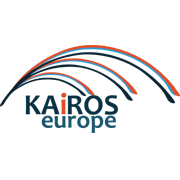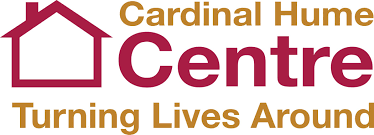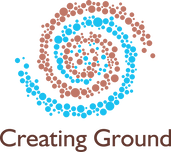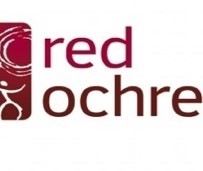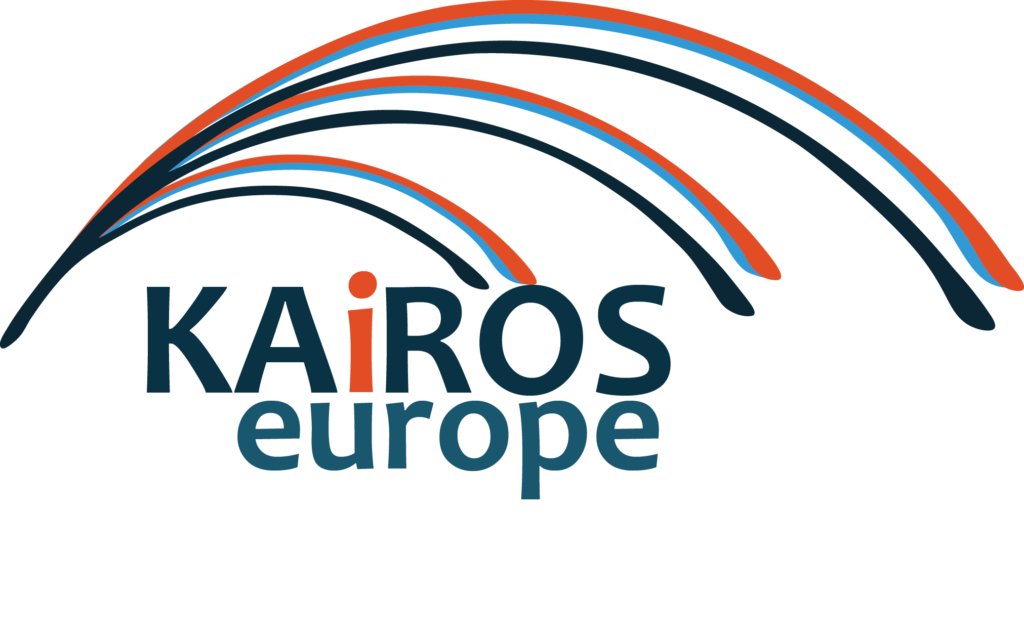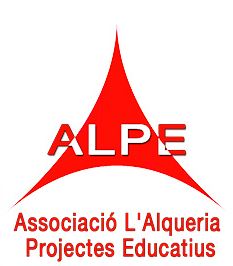“Migration in Europe: building an inclusive and tolerant society” is a Key Action 1 project funded by the Erasmus+ Programme.

The inspiration for the project came from the realisation that there is a common need to understand migration in Europe by looking at where the journey begins, the routes and the existing policies (especially in countries of first reception). The project allows participants to have a clear picture of migrants’ experiences throughout their journey, which will give practitioners tools to assist them in their quest for better life conditions.
The promoter of the project is a UK-led consortium made up of 8 partners ranging from education & training organisations and charities working at different levels on migration-related issues such as research on policies, education and training, inclusion and employability, and mental health issues. The lead applicant is Kairos Europe.
Over the two years, 112 participants will be selected from the staff of the organisations in the consortium. The partner organisations have expressed the need for their staff to acquire skills in discussing, learning and observing historical and current migration trends and gaining a greater insight into some of the issues, dilemmas and solutions that many non-EU migrants endure and will benefit from. It is also about questioning the depiction of migrants as security threats, passive victims or commodities and seeking to move away from the clear distinction between economic migrants and refugees, implying that some people are worth our attention and compassion and others not.
Each training focuses on different aspects of migration migration. All of them first give a general introduction to the topic of migration in Southern Europe and the issues related to migration in the region. In each training the participants also learn about migration paths & routes, health issues related to migration, the importance of promoting European values and tackle social exclusion, hate speech, and disinformation. The program is then divided in three different focuses:
- Education and Employability
- Women and unaccompanied minors
- Research, policies & perceptions, and health needs of at-risk mobile populations
Participants take part in a 6-day training, which includes lectures, panel discussions, visits to local centres working with migrants, intercultural workshops, and sessions from experts and volunteers working in the field. They will have the chance to go to either Rome, Italy (hosted by Ce.S.For.), Calabria, Italy (hosted by Itaka Training), Province of Valencia, Spain (hosted by Alpe), and Athens, Greece (hosted by InterAlia). We plan to organise 8 flows over the 2-year project (4 per year).
Application are now open for the 2020 trainings in Rome, Calabria, and Spain!

